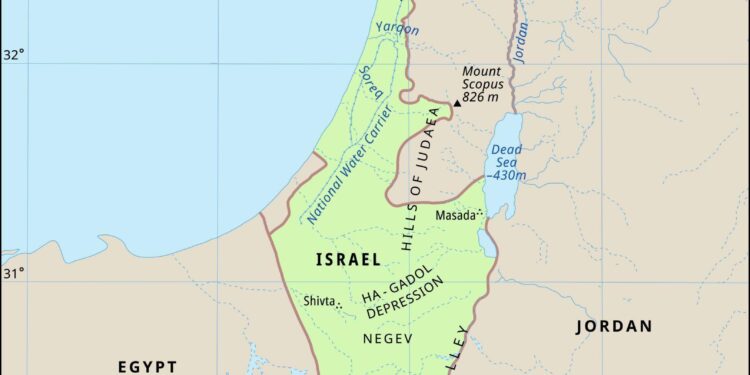Israel has announced the opening of two humanitarian routes into Gaza, permitting additional aid into the territory. The Erez Gate in northern Gaza will be temporarily re-opened for the first time since the start of the war, and Ashdod Port will also be opened for humanitarian deliveries. Additionally, more aid from Jordan will be allowed to enter via the Kerem Shalom Crossing.
The decision comes following a phone call between US President Joe Biden and Israeli Prime Minister Benjamin Netanyahu, where Mr. Biden warned that Israel must take steps to prevent civilian harm and humanitarian suffering if it wanted to maintain US support. This marks a significant shift in US policy, as it is the first time that Washington has attempted to leverage American aid to influence the conduct of the war in Gaza.
The re-opening of the corridors was specifically requested by Mr. Biden in the phone call, essentially giving the Israeli government an ultimatum to take concrete steps to prevent civilian harm and ensure safety for aid workers, or US policy in respect of Gaza would change. This change in policy was prompted by the killing of seven aid workers in an Israeli strike in Gaza, which led to mounting international and domestic anger at Israel’s conduct in the region.
Former US President Donald Trump also weighed in on the situation, urging Israel to bring an end to the war in Gaza to achieve peace and stop the loss of life. He emphasized that Israel was “absolutely losing the PR war” and should finish what it had started. In response to the mounting tensions, reservists have been called up to bolster air defense units, and GPS has been blocked across swathes of Israel to disrupt missiles and drones, as tensions have escalated with Iran.
The opening of Israel’s northern border crossing with Gaza in Erez is particularly significant, as Israel’s Foreign Minister had previously stated that there would be “no more contact between Israel and Gaza.” The move aims to address the humanitarian catastrophe in Gaza that has been escalating, leading to a man-made famine, according to a recent UN-backed report. The absence of adequate humanitarian supplies has forced aid from the US, UK, and Jordan to be dropped from the air, posing significant dangers to Palestinians in need.
Overall, the decision to open humanitarian routes into Gaza marks a crucial step in addressing the dire humanitarian situation in the region, as international pressure mounts on Israel to take steps to alleviate civilian harm and ensure the safety of aid workers.



























